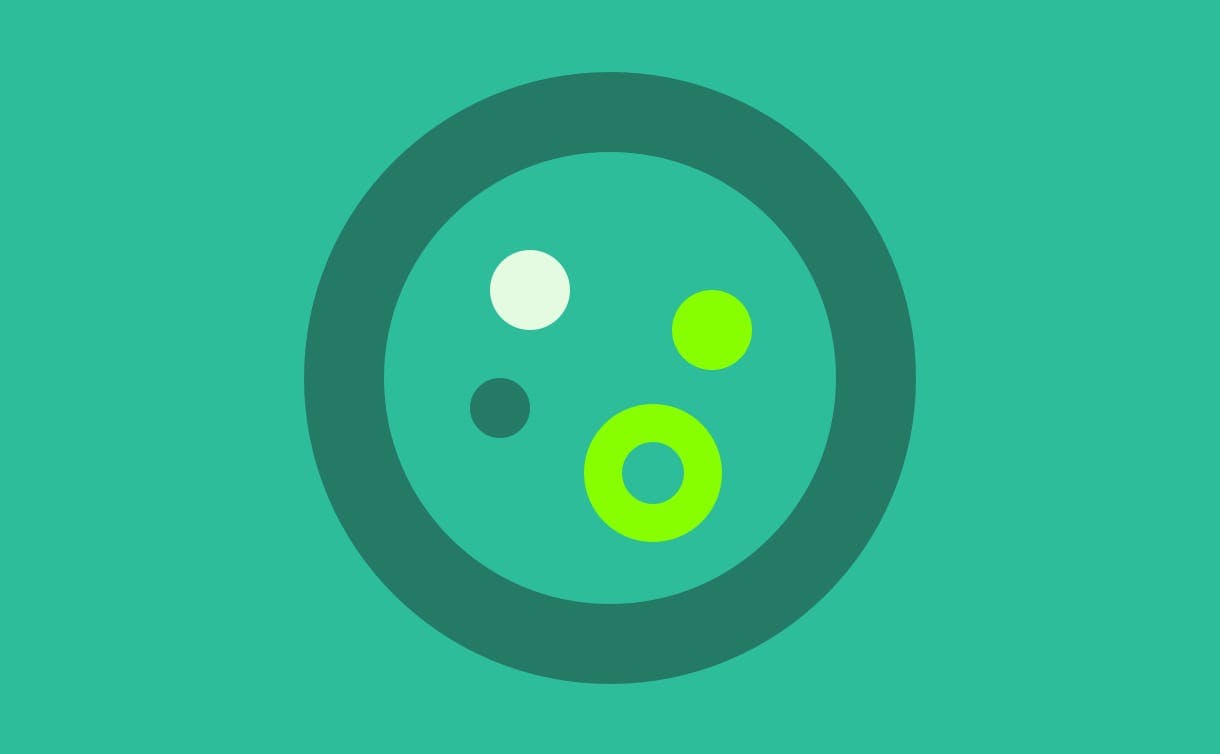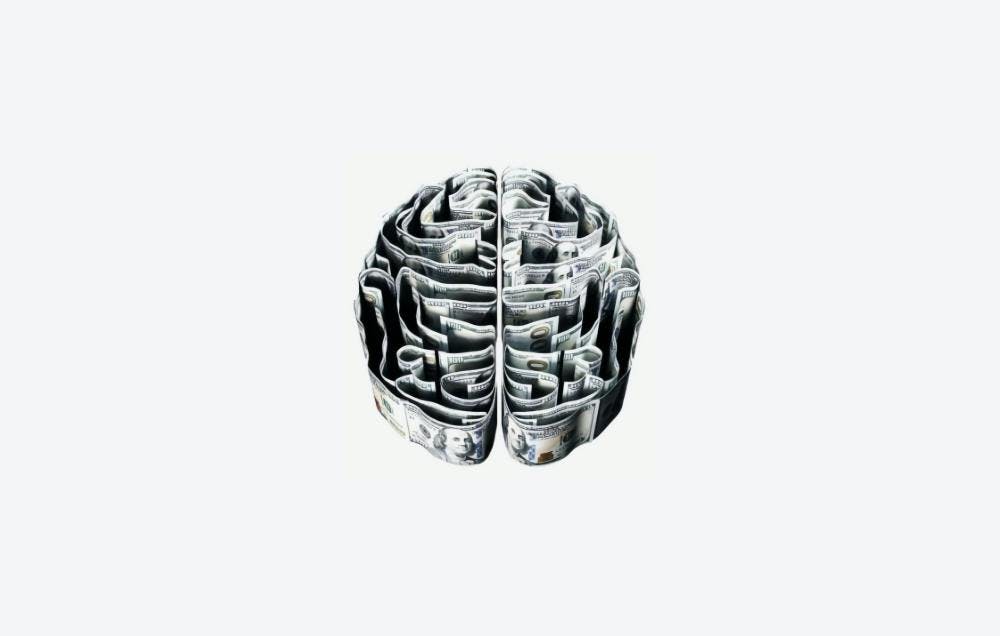What are the top exercises for your brain?
These are some of the best ways to keep your brain sharp, whatever your age.


The brain is one of the most complex organs in the human body. It’s responsible for bodily functions, how we process sensory information, and regulating our emotions, as well as cognitive functions, like memory, focus, and creativity. So, we need to exercise our brains, and keep them active each day.
Why are brain exercises important?
More and more people are being diagnosed with age-related illnesses, highlighting the importance of keeping your brain healthy and active throughout your life.
By working out the grey matter in your brain, you can help your hippocampus and prefrontal cortex stay strong, preventing memory loss and boosting complex thought. Learning new skills, taking part in brain games, doing online puzzles, even meditating can help support your brain function, cognitive abilities, and creativity, making your brain healthier with each exercise.
Here are some of our favourite brain games and activities to support cognitive function.
Get your Brain Health Score in 4 minutes
Take the quizThe 8 best brain activities

1. Card games
As something the entire family can enjoy, card games are perfect for prolonging your long-term and short-term memory.
You can play simple games like Go Fish and Gin Rummy or try something a little harder like Blackjack and Solitaire. While each of these games are fun in their own way, they require attention, focus, and memory skills that will keep your brain sharp.
2. Jigsaw puzzles
By putting together a jigsaw puzzle you are working different functions of your brain, using visual-spatial reasoning and short-term memory.
You can enjoy this activity by yourself or get the whole family involved—either way, a jigsaw puzzle is excellent for testing your memory and keeping your cognitive skills sharp. Start with something smaller, like 500 pieces, and with practice see how big of a puzzle you can complete.
3. Board games
Another family-friendly option, board games are the perfect way to test your brain, have fun, and socialise. They can improve your problem-solving skills, reasoning, and logic, and each game has its own benefits.
For example, Scrabble can help with vocabulary, strategy, and planning while Trivial Pursuit will keep your brain neurons active as you answer questions and test your long-term memory with different trivia questions.
4. Sudoku
Sudoku is a classic pastime, and a great way to exercise your brain daily. It not only stimulates the brain, but promotes strategic thinking and the regrowth of cells. This can help improve your brain connectivity and function, even as you age.
And who knows, you might pick up a new obsession.
5. Video games
Believe it or not, video games are a surprisingly good way to improve your fine motor skills, strategic planning, and memory. Even though each game’s objective will be different, using a controller and focusing on the task at hand will have the same effect on the brain.
Video games often come with negative connotations, but the benefits they can have on your brain are undeniable.
6. Meditation
Meditation is the perfect exercise to strengthen your brain’s attentiveness and ability to focus
When you meditate you can slow the ageing of the brain and increase your ability to process information. Not only will this prolong your brain’s health, but meditation can help you become a calmer, more relaxed version of yourself. This will improve your mental health, supporting your brain over time.
7. Learn a new language
While more of a commitment than some other exercises, learning a new language can put your thinking skills and long-term memory to the test.
By learning a new language you can begin to retain new information, enhancing your recall. Not only is this a great way to immerse yourself in a new culture, but you will be able to expand your speech and language skills too. It also comes in handy if you plan on travelling.
8. Learn to play an instrument
When you learn to play an instrument you are not only testing your memory, but also gaining new skills and enhancing your mood along the way. By reading music and learning how it translates into what you’re playing, you can utilise neural and cognitive mechanisms which can help strengthen your brain.
Learning an instrument is also fun. Music is timeless and playing an instrument is a great way to meet new people, protecting your brain in the process.
Using brain games and exercises in your daily life
To keep your brain healthy and functioning at its best, take time to exercise your brain each day. Not only will this prolong your cognitive functions and abilities, but it will improve your memory, even as you age.
By playing cards with your family, meditating, learning a new language, or doing a sudoku a day, you can strengthen your brain while enhancing your thinking skills, focus, cognitive function, and creativity.
Your brain is the most important organ in your body, making it crucial to exercise your brain and strengthen it daily, preventing age-related decline. Brain games should be an essential part of your daily routine.
The opinions and views expressed in any guest blog post do not necessarily reflect those of www.yourheights.com. We like to allow our guest posters freedom in the products they mention, and in the way they approach ideas.